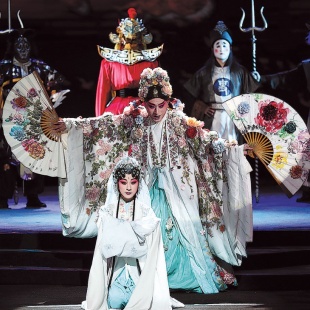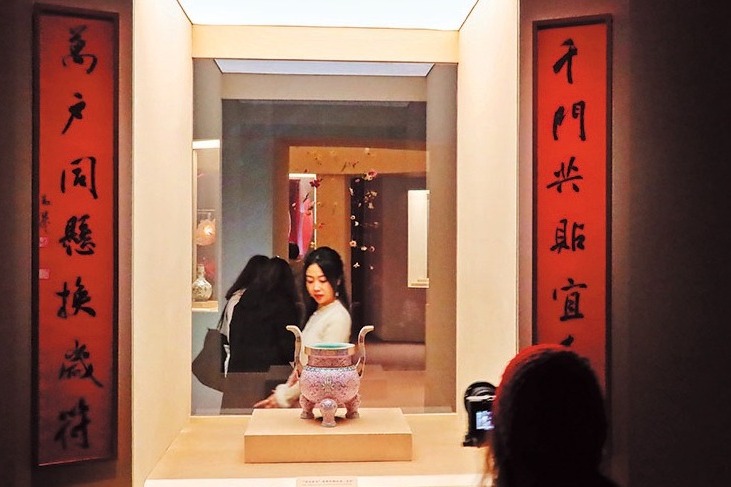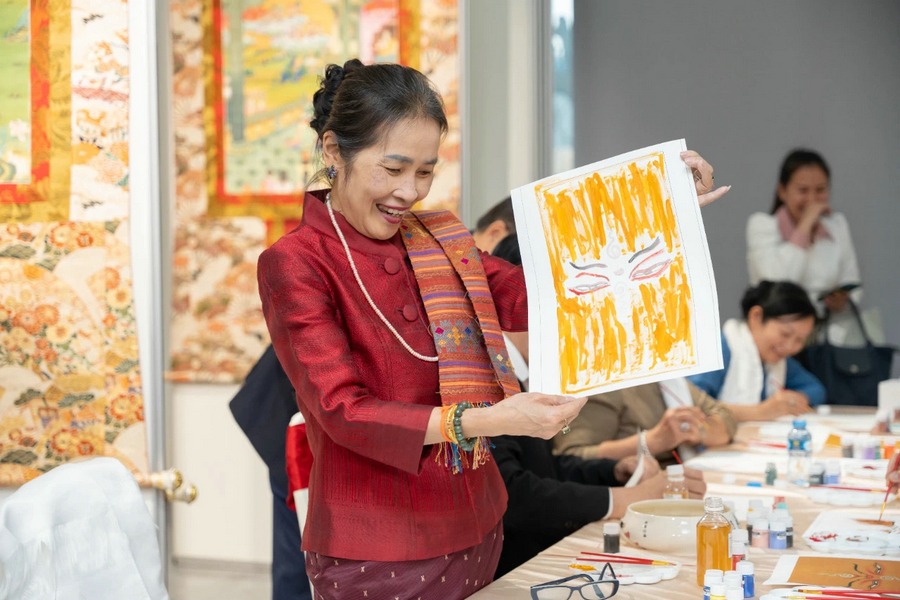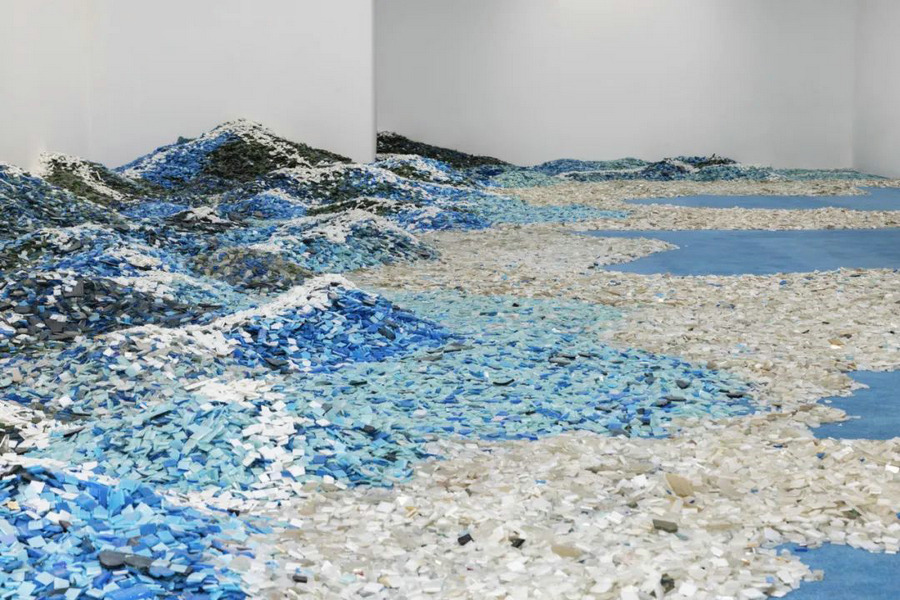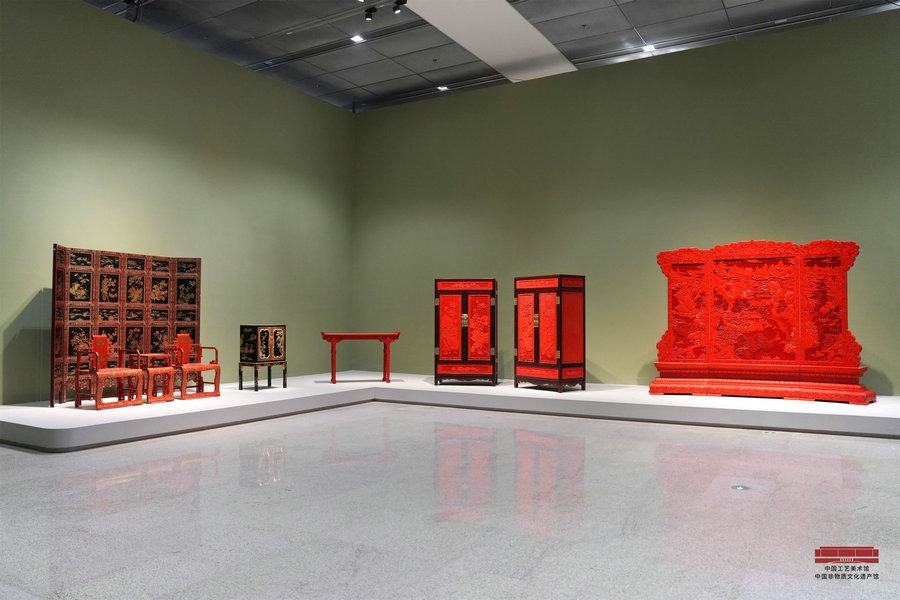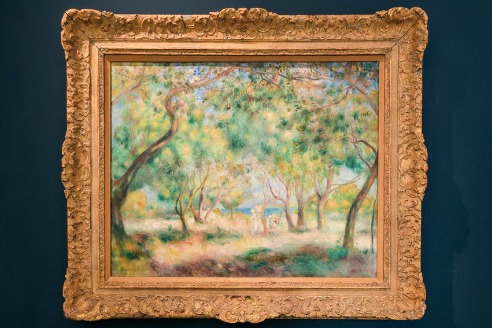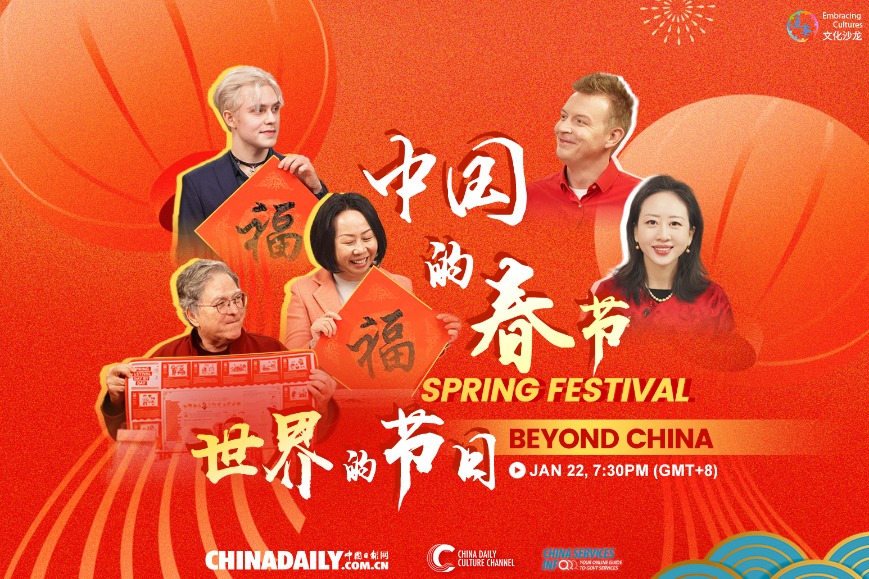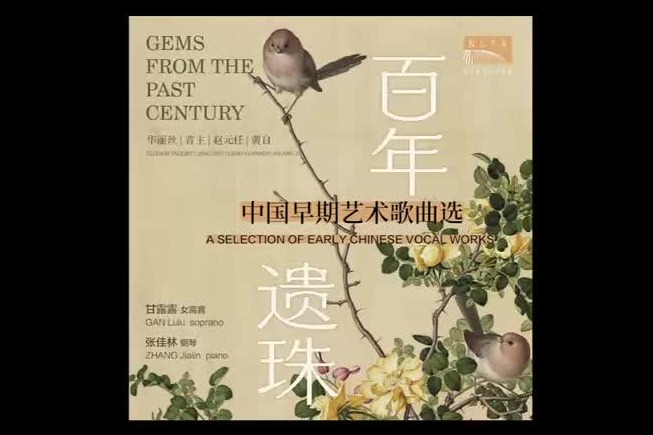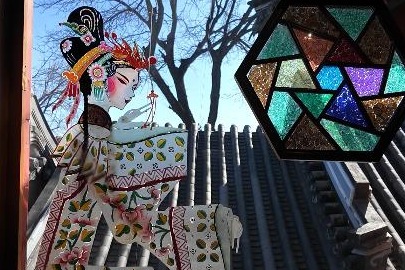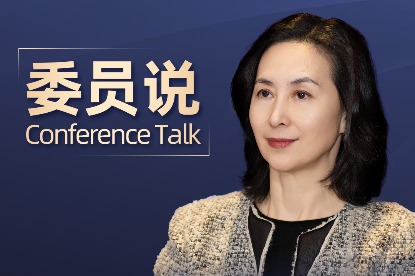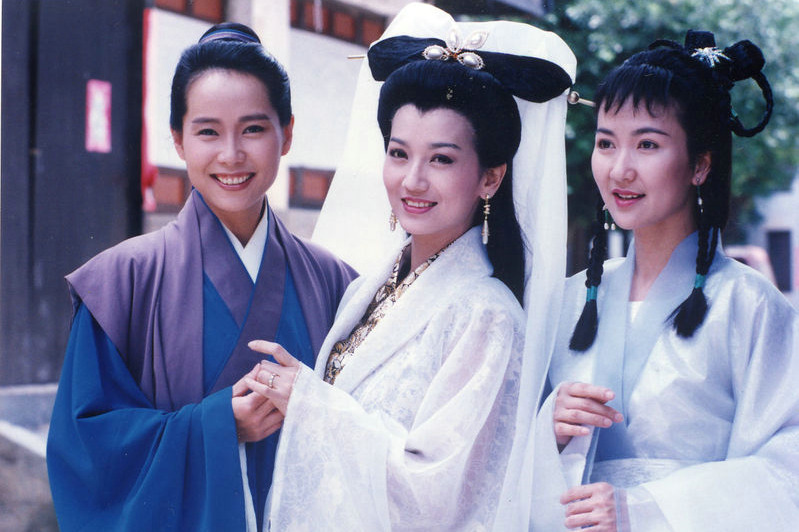The art of taking China to the world

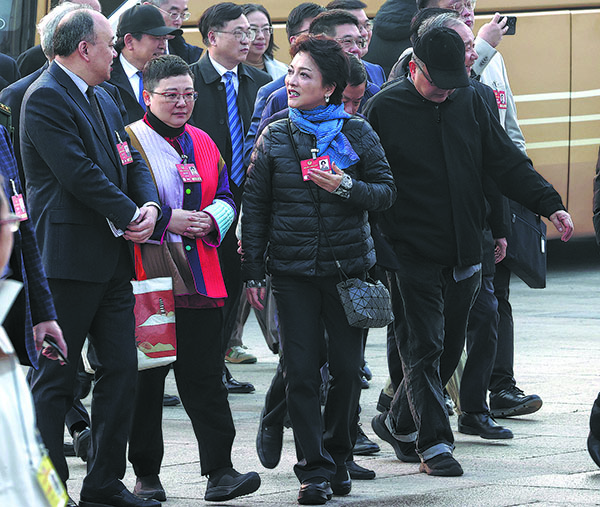
Shen Tiemei, a member of the 14th CPPCC National Committee and president of the Chongqing Sichuan Opera Art Center, has been involved in Sichuan Opera for over four decades and over the course of her career, has performed in countries such as the Netherlands, the United States, Switzerland and Hungary.
After receiving positive feedback from her foreign audiences, who speak highly of the singing, costumes and stage setting of Sichuan Opera, Shen says she has gained a deeper understanding of the artistic value of the opera and Chinese culture.
She sees 300-year-old Sichuan Opera as traditional and yet contemporary in expression and now places growing emphasis on protecting traditional expressions, such as bianlian, or face-swapping techniques, which allow the audience to directly perceive shifts in the characters' inner thoughts and emotions, and dafenhuo, a technique used to reproduce fire scenes.
"We need to demonstrate the full breadth of the art to foreign audiences, rather than merely exporting single aspects," Shen says. She calls for enhanced people-to-people exchange with the global art sector.
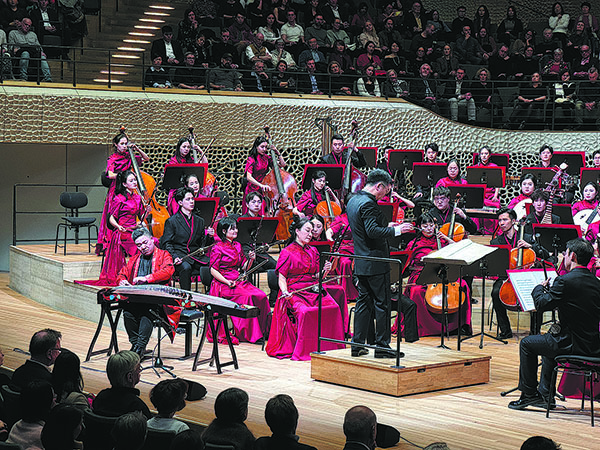
From Jan 27 to Feb 4, conductor Li Xincao, president of the China Conservatory of Music, took his colleagues and students on a European tour to celebrate Spring Festival, bringing traditional music to Brussels, Vienna and Budapest, as well as Hamburg and Dusseldorf.
The tour followed shortly after the inclusion of Spring Festival, social practices of the Chinese people in celebration of the traditional new year, on UNESCO's Representative List of the Intangible Cultural Heritage of Humanity in December.
Li, who is also a member of the 14th CPPCC National Committee, emphasizes that quality work — whether produced by small or large ensembles — is fundamental to promoting international cultural exchange, adding that both classical pieces and contemporary innovations are needed.
He says that classical, universal work fully respects the principles of artistic creation and the nature of the art form. "We must return to the essence of music, regardless of the theme we're creating. Music should touch hearts and souls, and inspire them."
Gu Haohao, a member of the 14th National Committee of the CPPCC and director of the Shanghai Kunqu Opera Troupe, says that in exploring new mediums, such as films and short videos, and integrating new technologies to promote traditional art, they have become more confident and determined to polish their performances.
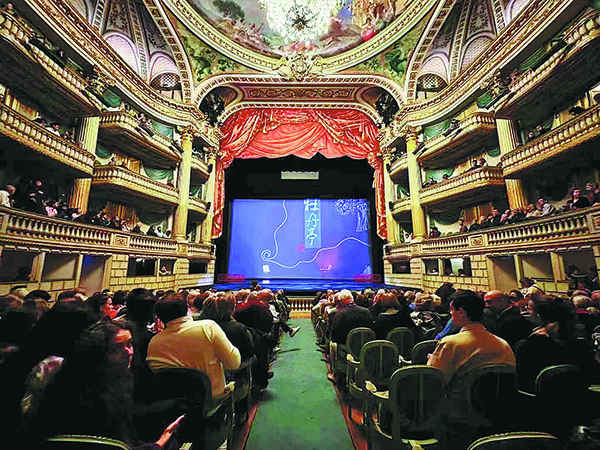
In October, the troupe toured Paris and Bordeaux with The Peony Pavilion to celebrate the 60th anniversary of the establishment of the diplomatic relations between China and France.
"I think foreigners are curious about traditional Chinese opera. Our troupe has gained a lot of experience, and has a long-term commitment to bringing Kunqu Opera to the world.
"Through our performances, I believe that foreign audiences will get to know more about China's culture and history, thereby gaining a better understanding of China today," she says.
Gu adds that the troupe will perform at World Expo 2025 in Osaka, Japan, in April, as well as in Tokyo schools, where they will engage in exchanges with the students.
Shi Xuefan contributed to this story.


